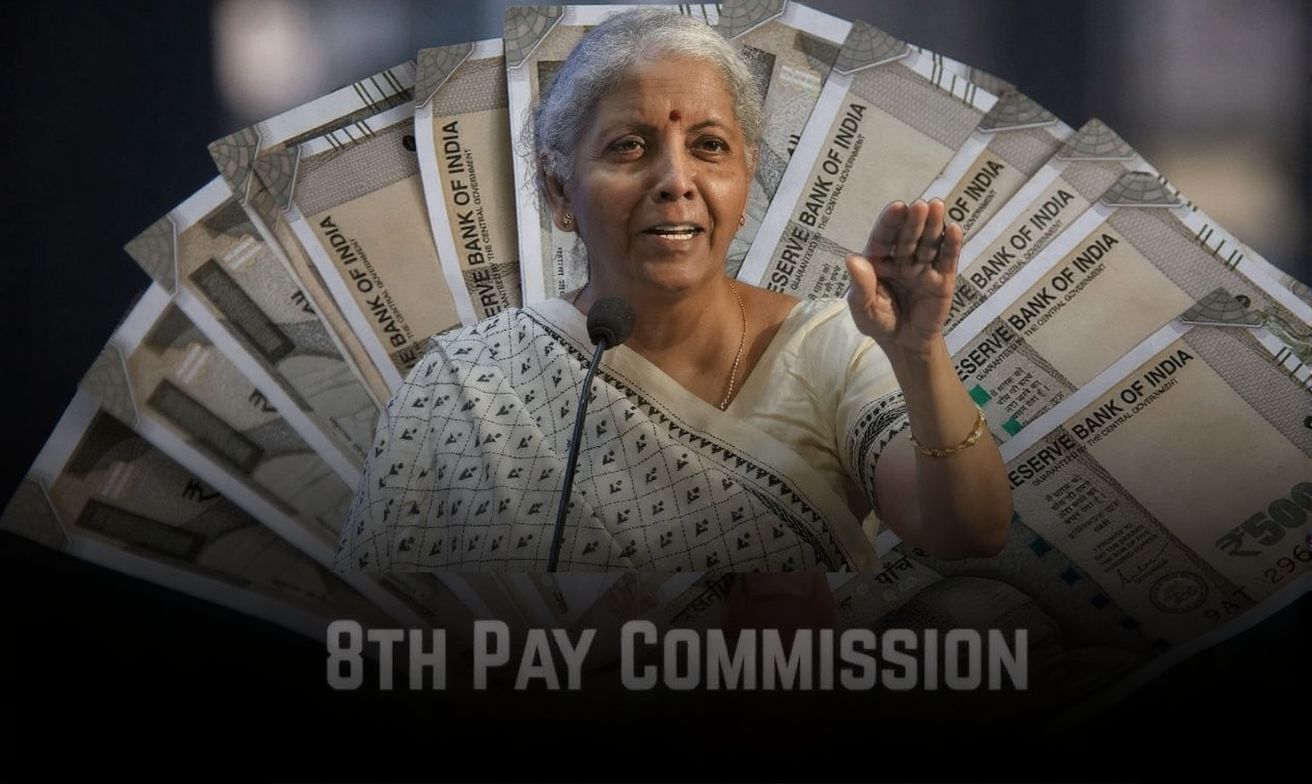Will Central Government Salaries Rise Before 2027? The 8th Pay Commission & Hike Timelines Explored
Even if formalities to set up the 8th Pay Commission kick in now, the question remains: can central government employees really expect a salary hike by mid-2027 — or must they wait until early 2028? The answer is tangled in procedure, politics, and practicality.
Political and Procedural Hurdles
First, constituting a pay commission is not merely a bureaucratic checkbox. The government must appoint members, define terms of reference, allow consultations, examine fiscal constraints, and prepare recommendations. That entire cycle may stretch months (or even over a year). Given those constraints, it’s unlikely the commission’s report would land before late 2026.
Then comes the question of implementation. Parsing, tabling in Parliament, budget allocations, and administrative rollouts—all these phases slow down actual disbursement. Even once final decisions are made, translating them into revised pay scales will take time.
Financial & Fiscal Realities
The Central government’s purse isn’t bottomless. Any salary uplift has to balance against revenue, subsidies, debt, and other liabilities. A generous hike must be sustainable. Thus, in the interest of fiscal prudence, the government may stagger or delay disbursal.
Moreover, inflation, tax collections, macroeconomic health, and budgetary leeway will influence how bold or modest the hike can be. Even if the commission suggests something ambitious, the finance ministry might scale it back.
Optimistic Scenarios: Can It Happen by Mid-2027?
- If the commission is appointed imminently and prioritizes speed, it could possibly wrap up its core recommendations by mid to late 2026.
- The government might green-light a partial interim increase or allowances adjustment ahead of full overhaul to cushion rising costs.
- Conversely, a modest hike in early 2027 might serve as a precursor to the bigger adjustment—something symbolic to show movement.
All that said, even in favorable conditions, mid-2027 feels optimistic. A more realistic window for full implementation leans toward late 2027 or early 2028.
Why Early 2028 Seems More Realistic
- The legislative and administrative machinery takes time — from scrutiny and debates to actual notifications.
- Budget cycles and annual financial statements constrain sudden large outlays mid-year.
- The government might prefer to announce the hike during a new fiscal cycle, aligning it with fresh budget allocations.
- Political considerations (e.g. elections, new governments) can throw in delays or changes.




